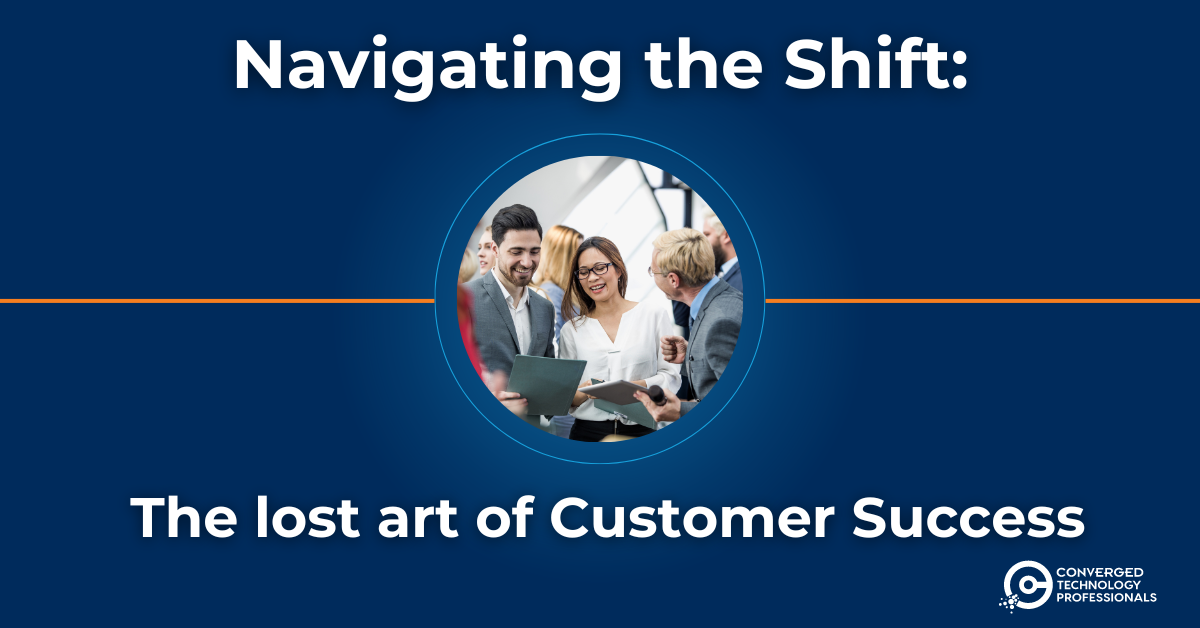
In the dynamic world of Software as a Service (SaaS), the transformation of the Customer Success Manager (CSM) role reflects broader industry shifts and economic pressures. Originally champions of customer advocacy and success, CSMs find themselves at a crossroads, propelled by market dynamics towards functions that increasingly resemble sales. This pivot raises critical questions about the essence of customer success and the repercussions for clients who now, more than ever, require support and guidance from their SaaS providers.
The Foundation of Customer Success
The inception of the CSM role was a testament to the SaaS industry's recognition of customer value beyond the initial sale. Tasked with ensuring customers realize the potential and value of their investments, CSMs were the stewards of retention, satisfaction, and loyalty. Their work was pivotal in fostering long-term relationships and ensuring that customer success was synonymous with product success.
The Shift Towards Sales
However, as the industry landscape has become more competitive and economic pressures mount, the focus has subtly shifted. The lines between customer success and sales blur, with CSMs increasingly playing roles aimed at driving revenue through upselling and cross-selling. This shift, while financially motivated, comes at a cost to the foundational mission of customer success.
The Client Experience in Today's Market
Clients of SaaS companies are feeling the impact of this evolution firsthand. Where they once had dedicated partners focused on their success and product maximization, they now encounter a landscape where sales objectives can overshadow their needs and goals. This change is not merely administrative; it's a fundamental shift in the relationship between SaaS providers and their clients.
The Squeeze on Tech and Its Ripple Effects
The tech industry's current economic challenges, including budget cuts and reduced headcounts, exacerbate this situation. CSMs, operating under resource constraints, are spread thin across an ever-growing client base. This dilution of resources means less time for each client, leading to a reduction in the personalized, consultative support that once defined customer success.
Clients are feeling this pinch. The promise of a partnership that prioritizes their success seems increasingly out of reach, replaced by interactions that prioritize the vendor's immediate financial goals. The consultative, problem-solving aspects of the CSM role are sidelined, leaving clients to navigate their challenges with less support.
Reflecting on the Shift
This shift in the CSM role and its implications for clients signal a critical juncture for the SaaS industry. Clients who once saw their vendors as partners in success now face a reality where their needs might not always come first. The essence of what made customer success a pivotal part of the SaaS value proposition is at risk.
As the industry continues to navigate these turbulent times, the experiences and perceptions of SaaS clients highlight a crucial need for a reevaluation of what customer success should mean. The evolution of the CSM role, driven by economic pressures and the relentless pursuit of growth, serves as a mirror reflecting the industry's current challenges and its impact on those it serves.